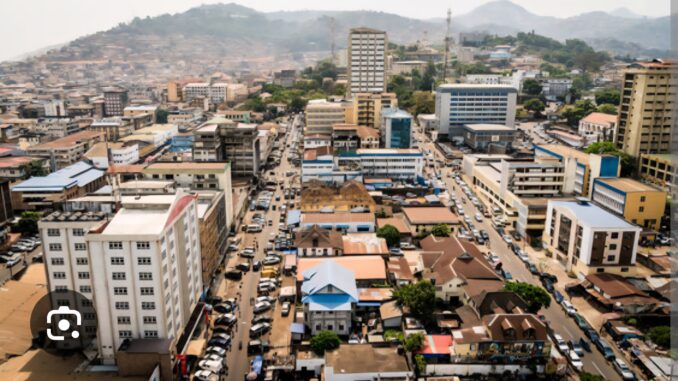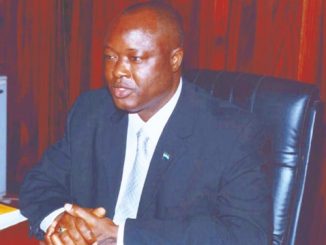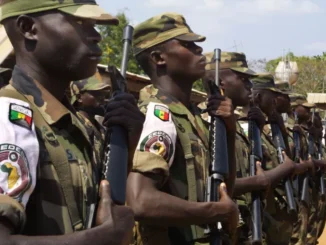
Freetown Doesn’t Need a New “City” – It Needs Accountability and Inclusion
By Issa kargbo
There’s growing discussion around carving out a new “City of Freetown,” modeled after the famed City of London. The idea is ambitious: a self-sustaining, tightly administered commercial enclave at the heart of the capital, surrounded by two other localities to the east and west. It’s pitched as a way to streamline investment, improve governance, and bridge the disconnect between Freetown City Council and outlying communities.
But let’s pause and ask the more fundamental question: Is a change in structure what Freetown really needs? Or is this a distraction from the deeper issues that continue to undermine urban governance in our capital?
Redrawing Lines Won’t Solve Systemic Failures
The challenges facing Freetown, poor sanitation, congested roads, inadequate housing, and disconnected communities, are not the result of flawed geography. They stem from a persistent failure in service delivery, public accountability, and citizen engagement. Residents feel abandoned not because they fall outside an ideal map, but because the existing institutions have struggled to meet their basic needs.
What we need is not more administrative titles or a ceremonial mayor for a new “City.” We need to fix what’s broken: build local capacity, improve municipal responsiveness, and empower communities to have a real say in how their city is run.
The Illusion of an “Apolitical” Mayor
Proponents of a new central city often point to the City of London’s Lord Mayor, an influential but non-political figure, as a model for Freetown. But this comparison ignores a key reality: Sierra Leone’s political culture does not permit neutral leadership in high-stakes civic spaces. In a country where even village heads are viewed through partisan lenses, the idea that a mayor overseeing Freetown’s financial heart would remain “non-political” is both naïve and dangerous.
Instead of reducing political interference, such a position could become a lightning rod for power struggles, tribal calculations, and elite contestation, ultimately weakening governance rather than strengthening it.
Focus on Function, Not Form
It’s time we move away from the seductive simplicity of new boundaries and toward the harder, but more meaningful, work of governance reform. Freetown doesn’t need a new city. It needs:
Transparent service delivery
Functional local government systems
Empowered communities
Equitable investment across all areas
Decentralized planning responsive to everyday realities
These are the tools that will bridge the disconnect between citizens and the state, not new maps or imported models.
Let’s Fix Freetown, Not Repackage It
There’s no denying that the current structure has its problems. But to rush into a new configuration without addressing why the old one isn’t working is to repeat the same cycle under a different name. We must resist the temptation to believe that cosmetic reforms can replace institutional integrity.
Freetown doesn’t need reinvention. It needs restoration. Not a new city, but a new standard. One rooted in inclusion, responsiveness, and trust.
That’s the city we should all be fighting for.





Leave a Reply